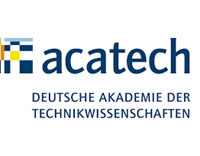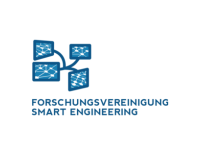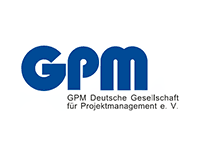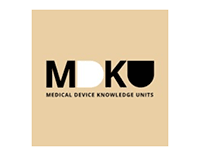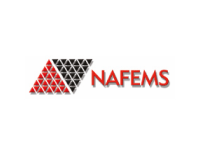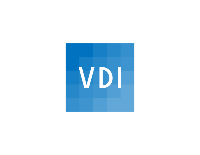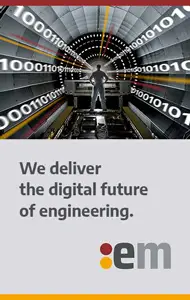Research in tune with the times
Basic research and research projects at :em
Research and development are an integral part of :em AG’s DNA. Which is why we have been involved in various collaborative research activities with teams from German universities and industry ever since our company was founded. Here is an overview of current and past projects.
Contact us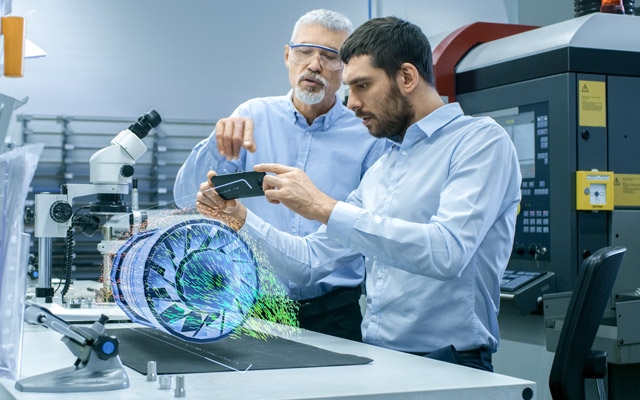
Current research projects in which :em AG is involved
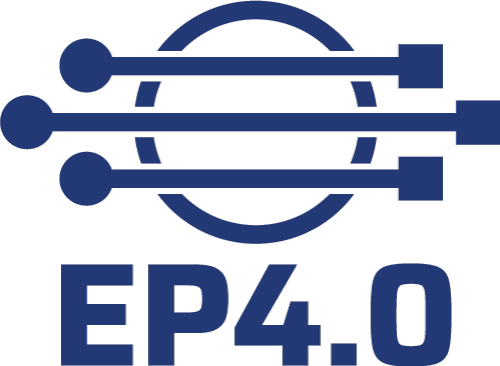
Research Project: Establishment of a development platform 4.0 (EP 4.0)
The aim of EP 4.0 is to develop a comprehensive and universally valid AI-supported development platform in order to be able to develop even better vehicles in a more efficient way and thus ensure that the company can hold its own against international competition in the automotive environment.
By setting up a well-structured data management system, the measurement and simulation tools available at the project partners are to be linked with each other. A broad and reliable database is to be generated through the optimal interaction of real and virtual test experiments. With this, extremely fast executable models of complex transient systems can be built on the basis of neural networks. This preliminary work will be followed by the development and validation of an AI expert system that will provide engineers with advice on recurring tasks. On the one hand, the validation is carried out using the interdisciplinary example of a temperature sensor development for an electric motor and on the other hand, the development of a drive train for a fuel cell vehicle (FCEV) is accompanied.
Project duration: 2021 to 2024
Role of :em AG:
:em AG brings its knowledge of data models in the areas of simulation and testing as well as its know-how in the context of processes, methods and technologies in the environment of digitalisation, Industry 4.0. and artificial intelligence.
Funding:
This research and development project is funded by the Federal Ministry for Economic Affairs and Climate Protection.


Research Project: SyProLei – systemic product development for lightweight construction systems
The aim of SyProLei is to design an application-oriented and cross-disciplinary framework for the conceptualisation, development, optimisation and testing of digital twins of lightweight products. So far, the benefits of digital twins in the individual phases of the life cycle within and between the actors of the development phases are mainly considered in isolation. The main result is therefore the conception and implementation of a suitable information model that links the product data from system development, product design, optimisation and testing and thus avoids media discontinuities. With the help of selected examples from the user companies, the necessary prerequisite is created in the form of a cross-tool, federated data management. This enables data management of model-driven development.
Project duration: 2021 to 2024
Role of :em AG:
The focus of :em AG in the SyProLei project is on the development and provision of a digital framework for model-based systems engineering for lightweight construction.
Funding:
This research and development project is funded by the Federal Ministry for Economic Affairs and Climate Protection.
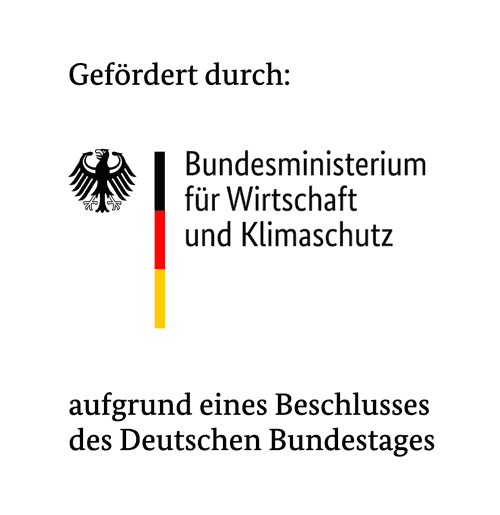
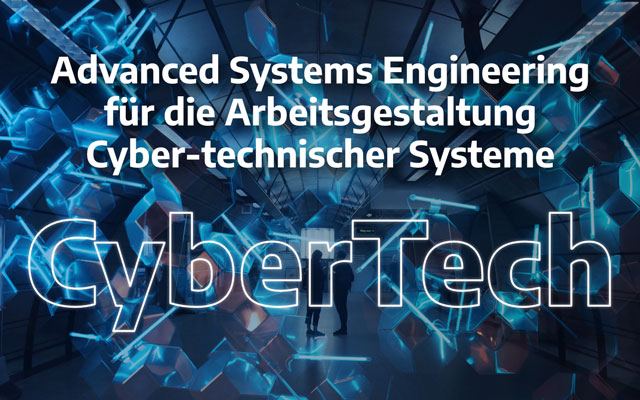
Research Project: CyberTech – Advanced Systems Engineering for the work design of cyber-technical systems
The aim of the CyberTech research project is to develop suitable, software-based tools for information integration in the creation process of machines and industrial plants. In this context, human-centered work design based on digitized processes and methods plays a decisive role within the organization of companies. Employees can be supported and work processes optimized by means of training concepts and design guidelines. The prototypical implementation takes place through the construction as well as the virtual and physical commissioning of demonstrators for mechanical and plant engineering and for medical technology. As a result of the socio-technical methods, training concepts and guidelines developed, the complexity of future development processes for self-optimizing machines or services can be mastered in a human-centered way. In addition, the findings will be made available in scientific teaching and learning laboratories for training and further education, especially for SMEs.
Project duration: 2021 to 2024
Role of :em AG:
:em AG is a consortium partner in the CyberTech project and will primarily contribute its expertise in the areas of digital transformation and (model-based) systems engineering.
Funding:
This research and development project is funded by the German Federal Ministry of Education and Research (BMBF) in the with the funding code 02J19B010 and supervised by the Project Management Agency Karlsruhe (PTKA). The responsibility for the content of this publication lies with the author.
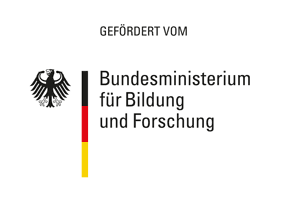

Joint project: MoSyS – Human-oriented design of complex systems of systems
The goal of the MoSyS research project – in collaboration with Fraunhofer IEM, Claas, Miele, Bosch and other partners – is to develop new methods, utilities and IT tools for the design of complex technical systems and the associated value networks, as elements of model-based systems engineering (MBSE) for complex systems of systems. Furthermore, guidelines for the design of change are created, which serve companies on their way to a digital and collaborative working environment as well as for clear and comprehensible decision-making processes. All areas involved in the development (product, production and service development) are included. Consideration will be given, for example, to aspects of interdisciplinary collaboration between employees and stakeholders, thinking in terms of product generations, as well as modeling concepts and methods for mapping systems of systems.
Project duration: 2020 to 2024
Role of :em AG:
:em AG is one of five enabler companies involved in the project, with a focus on the content of the definition and use cases for the Digital Twin, as well as the articulation of requirements regarding the framework for conceptualization, development, implementation and evaluation for Digital Twins.
In addition, :em AG contributes its know-how on methods and information models for Advanced Systems Engineering as well as agile collaboration in the context of Advanced Systems Engineering development.
Funding:
The MoSyS joint project is funded as a collaborative project between industry and research within the BMBF measure “Mastering the complexity of socio-technical systems – a contribution to Advanced Systems Engineering for tomorrow’s value creation”.


Innosale
InnoSale is a funding project in the international context of ITEA (Eureka Cluster Programme) and the national context of the BMBF. The focus of the collaboration is the use of AI in the sale of complex technical products in order to support the specification and quotation creation in the sales process of complex, technical systems, such as cranes and internal transport systems.
Project duration: 2021 to 2025
Role of :em AG:
:em AG is involved in the development and testing of AI components.
Funding:
This research and development project is funded by the Federal Ministry of Education and Research (BMBF).

Abgeschlossene Forschungsprojekte

LOEWE-Research project “ReqMoD – Requirements Management with Mobile Devices”
In everyday use, a quick understanding of customer wishes and requirements for the desired product is an important success parameter. Customers do not necessarily have the necessary knowledge about new product functions and difficulties – in understanding the task – may occur. Furthermore, with previous methods and tools, the requirements cannot always be documented immediately and comprehensively enough, for example due to time constraints.
The aim of the project is to enable the determination of requirements, structuring and documentation of information intuitively and without a permanent connection to a central database on mobile devices as well as a subsequent synchronization of data statuses with a central database. For the user, the main benefit is the high availability of the software tool, the more transparent design of the recording of requirements at the customer’s site and the support of less experienced employees by adapting the software to the use cases of the respective company. The above points lead to an increase in efficiency in the acquisition process.
Project duration: 2019 to 2021
Role of :em AG
In the ReqMoD project, :em AG is the applicant and has the role project leader.
Project partners
TU Darmstadt and ConSenses GmbH
This project (HA project no. 830/19-150) is funded within the framework of the Innovationsförderung Hessen from the LOEWE – Landes-Offensive zur Entwicklung Wissenschaftlichökonomischer Exzellenz, Förderlinie 3: KMU Verbundvorhaben.
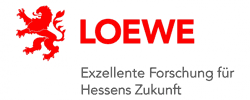


InnoServPro
InnoServPro addresses the needs of operators of capital equipment for a high level of availability, minimal downtime and optimum output of their machines and systems. The joint project had been supported by the Federal Ministry of Education and Research and aimed to implement individualized, availability-oriented business models by developing innovative service products.
Project duration: 2015 to 2019
Role of :em AG
:em AG had been tasked with formulating the definition of the term “digital service”, creating a model for representing digital services and developing a methodology for the model-based mapping of digital services. :em AG implemented the developed methodology as a prototype within the scope of the joint project. Thanks to its many years of experience in data model development and system integration with different PDM/PLM systems, :em AG was involved in a large number of work packages.

autoADD
The project “Automation of the process chain for customized additive manufacturing (autoADD)” was recommended for funding within the framework of the LOEWE 3 funding initiative of the Federal State of Hesse and aimed to establish a digital, automated, end-to-end process chain for customized additive manufacturing.
Project duration: 2016 to 2018
Role of :em AG
:em AG is primarily responsible for the design and development of information technology solutions as well as the implementation of interfaces and an integrated IT environment for the additive manufacturing process chain.


FAS4M
The objective of the research project FAS4M is to develop an approach for linking abstract functional models with 3D CAD models to support end-to-end model-based system development. For this purpose, a SysML-based language (MechML) was created for the logical design of the system under development and software interfaces developed.
Project duration: 2013 to 2016
Role of :em AG
:em AG was tasked with the development of the methodology and concrete implementation in demonstrators. A link was created between the CAD system Siemens NX and the CAMEO Systems Modeler so that the methodology could be implemented using the MechML language.


mecPro2
The objective of the mecPro2 joint project was to increase efficiency in development projects for cybertronic systems. The project focused on the integration of information and data from all the development disciplines involved. For the first time, a link between systems engineering and PLM was investigated in detail and innovative concepts validated in demonstrators.
Project duration: 2013 to 2016
Role of :em AG
The development of a standardized, model-based process model for the development of CTP and CTPS was the focus of :em’s activities in the joint project. As a result, it was possible to generate new service products for boosting efficiency in multidisciplinary development projects and implement solutions for model-based system integration.


TRUST – Teamwork in cross-enterprise collaborations
The partners in the joint project “TRUST – Teamwork in cross-enterprise collaborations” aimed to analyze the impact of trust in the context of other factors that influence collaborative ventures. Procedures and tools for cross-enterprise projects were tested and made available in theory and in practice during the project.
End of project: 2013
Role of :em AG
Implementation and testing of the trust assessment developed by the project partner Darmstadt Technical University (Department of Computer Integrated Design) in the global enterprise collaboration wizard from :em AG. As a result, IT support for the strategic deployment of measures to protect intellectual property was made available to users within day-to-day data exchange processes for the first time.
